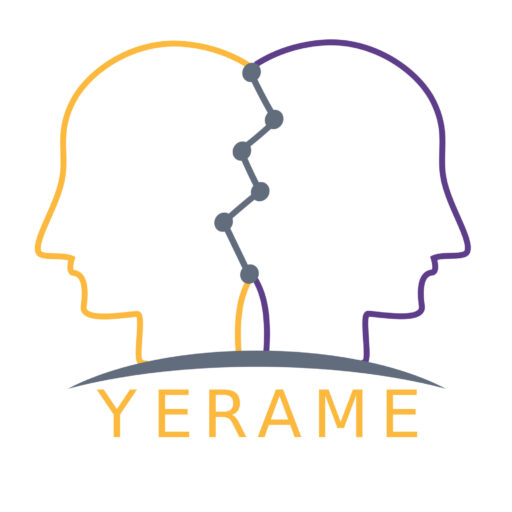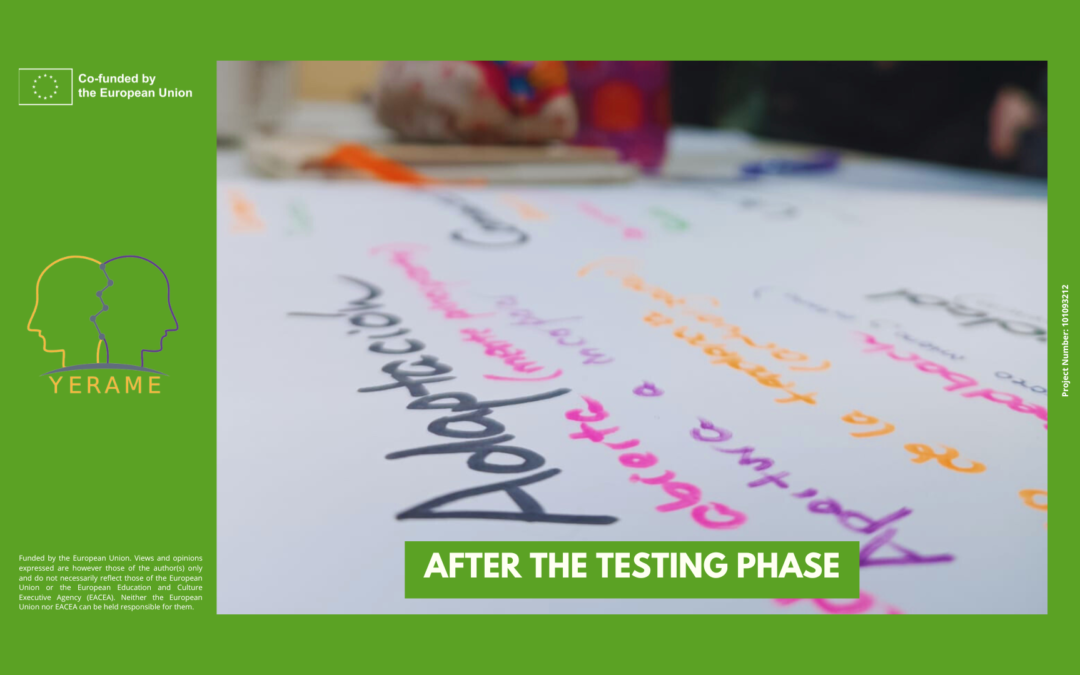First, through training, we were able to explore the role of entrepreneur trainer in helping entrepreneurs overcome challenges and opportunities in business management. We’ve seen how entrepreneurship trainees can provide valuable support, guidance, feedback and accountability to entrepreneurs at different stages of their journey. We also discussed some of the benefits and challenges of the work, as well as some best practices and tips for improving projects for the trainees
The results of the training were represented in entrepreneurship, which are classified in the conceptual framework of this training into many areas, including: The first area is represented by aspects related to entrepreneurship, which refer to the social and general awareness of projects related to the motivation for initiative and success in the future, such as self-confidence, leadership, creativity, motivation.
The second area is entrepreneurial capabilities, which refers to entrepreneurs’ competencies, knowledge, and technical skills associated with entrepreneurship, such as management, accounting, marketing, and technical knowledge.
We note that we targeted youth between the ages of 18-30 and we selected 11 of them who met the conditions for training. After that, we began the training phase, which consisted of 16 training courses.
Through training, we were able to enhance the trainees’ skills, enhance their capabilities in the field of entrepreneurship, and connect them to a huge information bank in the field of entrepreneurship and economic empowerment, in a way that supports and enhances the entrepreneurial ecosystem, and promotes green entrepreneurship, which contributes significantly to achieving sustainable development goals. The trainees felt very grateful to the program funded and implemented because they gained new experiences that they had never had before.
At the end of the training, we gave the participants certificates for the project and provided the trainees with the basic skills necessary for their business plan. The training must be completed in the fourth phase, WP 4, which is the guidance phase( YERAME_WP4_Guide to Youth Rural Entrepreneurship Mentoring Program)
At this phase , we will follow up with the trainees on developing their business plan and skills for presenting their ideas and developing a prototype for some projects, in addition to preparing a complete business plan feasibility study and a memorandum of understanding. And involve them in the business.
A set of prizes will be announced for the contestants at the end of the phase.

